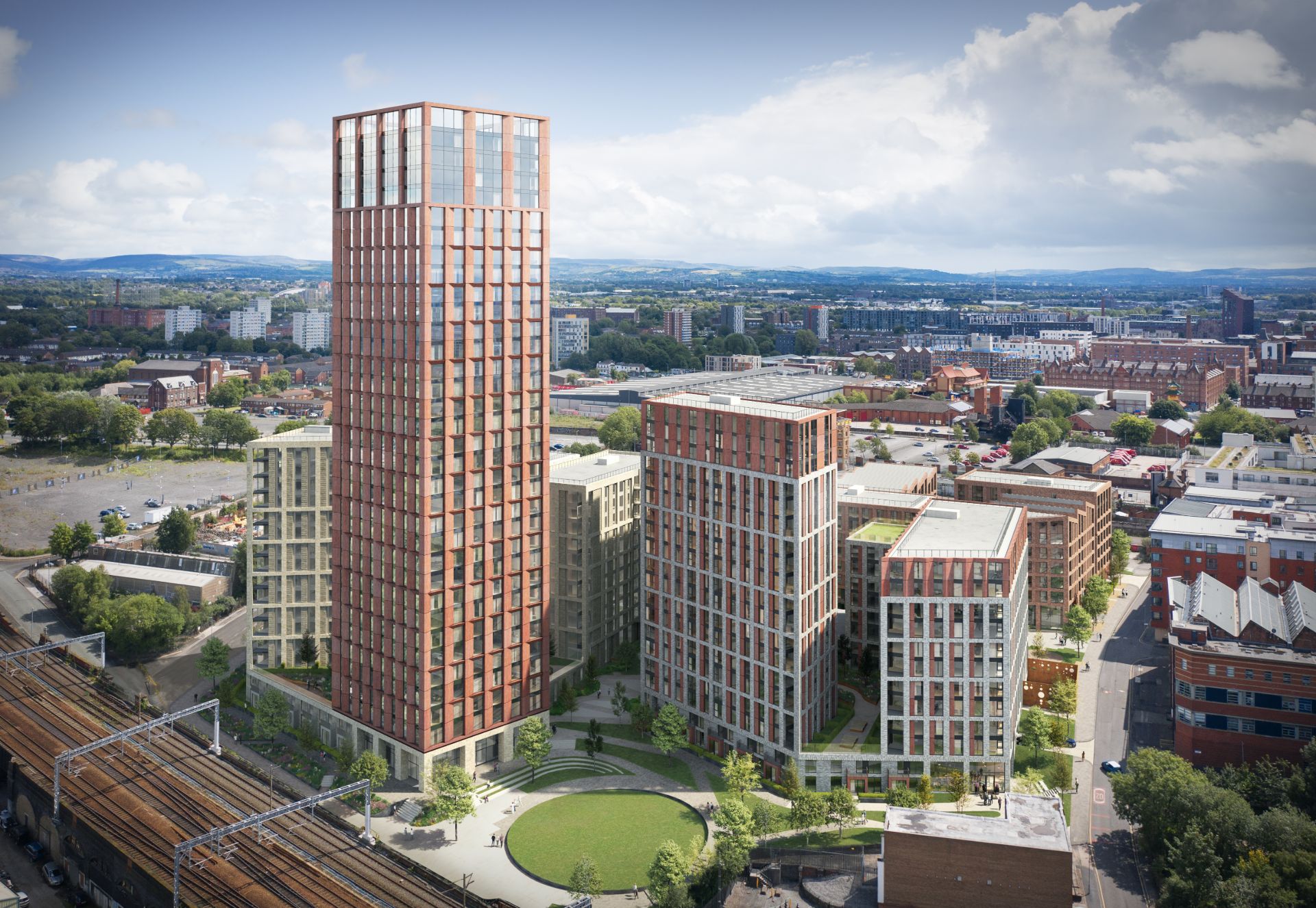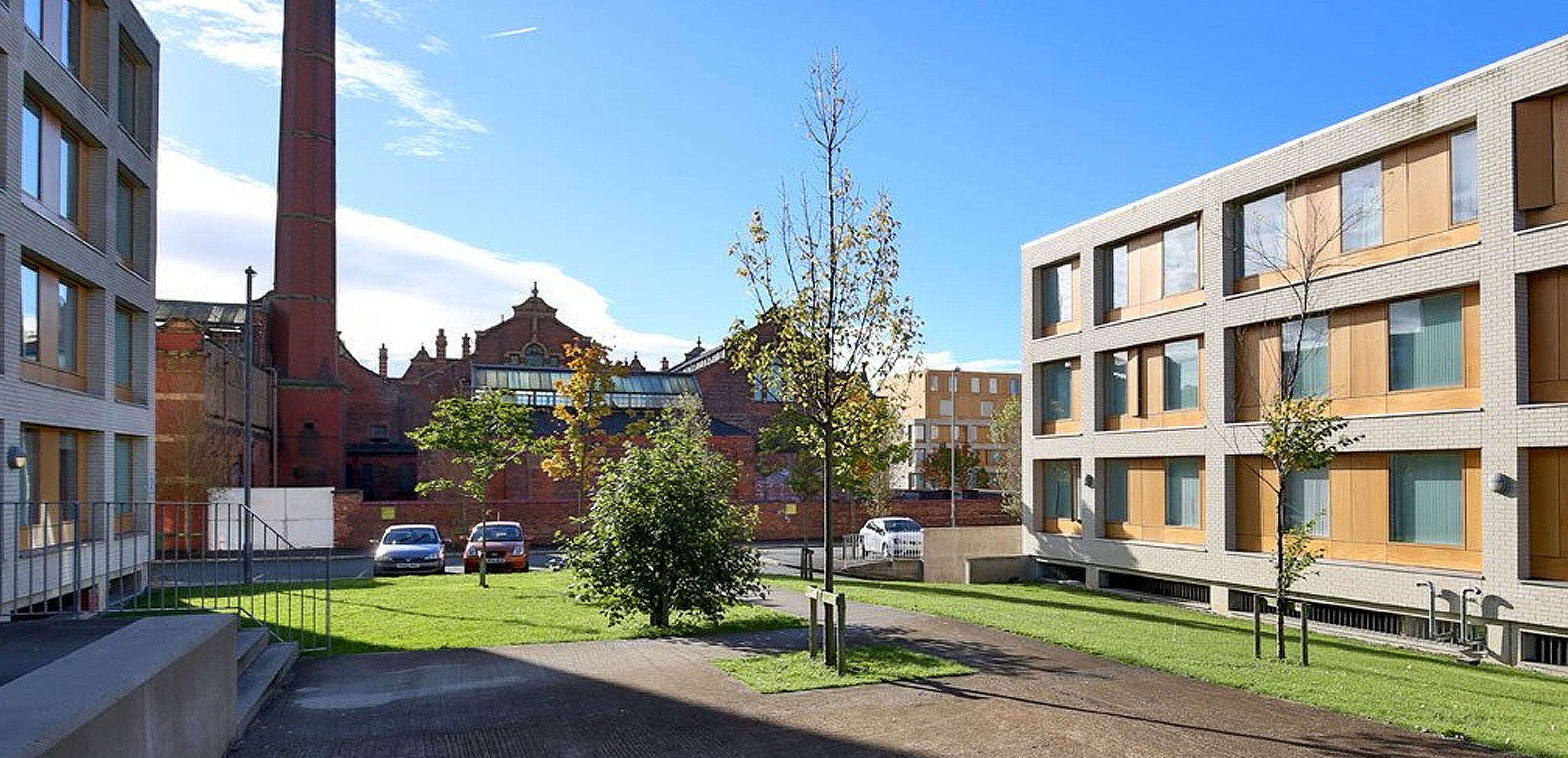Employment
The unemployment rates across Manchester are at a ten year low, with new jobs being created across the city in a number of different industries. Over the past 3-4 years with the focus being on Salford Quays, The BBC and many other media outlets have moved their headquarters to Manchester.
Business numbers in Manchester have risen year on year, climbing by more than a thousand in the last 12 months. The professional, scientific and technical industry dominates the UK market and seems to be having an affect on the Manchester market also, however, retail is the most popular type of business across Manchester currently.
Transport
With over 12,000 bus stops, 96 train stations, 90 tram stops and one of the UK’s busiest airports, Manchester is one of the best-connected cities in the UK.
Manchester Airport has recently been awarded a £1 billion landmark investment to develop Airport City Manchester. This investment will increase the number of terminals in the airport, increasing the number of annual inbound and outbound flights.
Another £85 million investment has been awarded to improve the train networks in and around Manchester. The Ordsall Chord development is set to significantly improve the rail network connecting Manchester to its surrounding major cities, including: Salford, Liverpool, Leeds and the North East.

